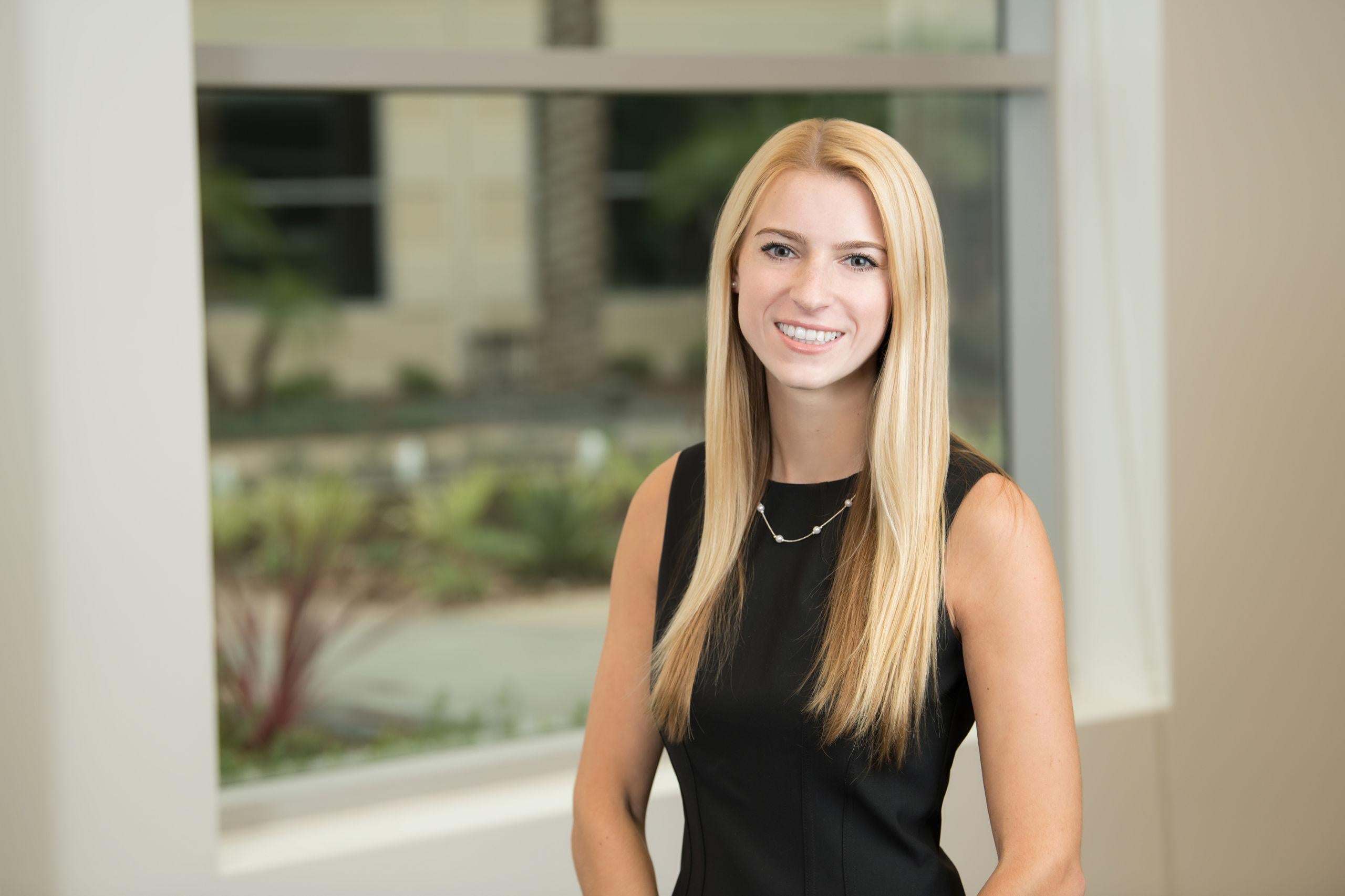In 2013, Felipe Gomez was a promising engineering student at Case Western Reserve University with a big idea – increase fuel efficiency in jet engines through innovative use of plasma in the fuel injection process.
That same year, Case Western Reserve School of Law launched the Intellectual Property Venture Clinic (IPVC), a faculty-supervised boutique IP and business venture firm where students, working under close faculty supervision, offer free legal and business expertise to student inventors and local startup companies as they enter the market.
For Gomez and the IPVC, the timing was perfect.
Having just formed his own company, FGC Plasma Solutions, Gomez signed on as one of the first clients of the IPVC that year, simultaneously building his company from the ground up while working on an improved fuel injector that incorporates plasma to better control combustion in jet engines and gas turbines.
“On one side, you have a great new idea, but it doesn’t have the resources to take the next step,” said Professor Ted Theofrastous, former manager of the IPVC. “On the other, you have investors looking for opportunities in a market where significant barriers are preventing many startups from ever reaching the stage of being a commercial property. We work to bridge that gap, give our students strong experience in the broad spectrum of corporate law and help these startups bring great new economic opportunities to the region.”
On January 3, 2020, Gomez announced his company was awarded $3.2 million in funding from the U.S. Department of Defense (DOD) and the U.S. Department of Energy (DOE). Under the DOD funding, FGC Plasma Solutions is working to develop and field new capabilities for the Air Force. The company is also collaborating with MIT on a pair of projects for the DOE, including a plasma-based tech for converting carbon dioxide into useful chemical feedstocks and improving low emissions combustion on industrial gas turbines.
While the funding for FGC Plasma was a significant milestone for Gomez, the work done by IPVC students creates a “win-win” scenario for clients and students alike, providing entrepreneurs much needed free legal help while giving law students a comprehensive deep dive into corporate and Intellectual property law.
Ohio native Sarah Siedlak joined the IPVC in Fall 2016, attributing her interest in intellectual property law to her scientific background. Siedlak earned her undergraduate degree in Marine Science, Biology, and Chemistry at the University of Miami.
“It was an ocean law class that I took as an undergraduate that brought me down this path,” said Siedlak. “The combination of law and science really engaged me, helping me realize the kind of career I wanted for myself. That’s when I applied to Case.”
For a pair of semesters, Gomez and Siedlak worked together in the IPVC as client and lawyer-in-training, a partnership that would go on to benefit them both as they prepared to start their careers.
“Working in the clinic was such an immersive experience,” said Siedlak. “I got exposure and hands on experience in drafting memorandums of understanding, as well as employment, financing and advisory board and non-disclosure agreements. And that was just the work I did for Felipe.”
Siedlak’s clinic experience also included working on patent and trademark applications. She drafted a provisional patent application from scratch.
“There were so many interesting things that I got to be a part of,” said Siedlak. “One of my favorite projects was working on a licensing deal between the University of Akron and some of their students, where we met with the clients and the university to work through the term sheet and negotiate the deal in person. To be a law student and participate in something at that level was a novel experience that helped prepare me for my career.”
Before graduating, Siedlak secured a job with the IP firm, Wilson Sonsini Goodrich & Rosati, where she works as an associate in the firm’s San Diego patent litigation group for several clients, including pharmaceutical giant Mylan.
“So far, I’ve worked on several Hatch-Waxman litigation cases, trying to invalidate parts of patents or not infringe on them to help bring generic pharmaceutics to the market,” said Siedlak. “I’ve also worked on patent cases concerning electronic trading platforms and medical devices, which have their own unique challenges.”
“The work I was exposed to in law school was crucial to my success early on,” said Siedlak. “Professor Craig Nard, who was so helpful preparing me for my career, literally wrote the text book on patent law and it has a permanent spot on my office bookshelf. And Professor Tim Duff’s litigation class in Case’s LLEAP experiential program was essential for learning how to navigate discovery and conduct depositions.”
Now in her third year of practicing law, Siedlak couldn’t be happier with her career choice.
“I fell in love with San Diego quickly and knew this was where I wanted to call home,” said Siedlak. “The people I’ve worked with and my professors at Case have helped me become a successful attorney. It has been the perfect start to my career.”


